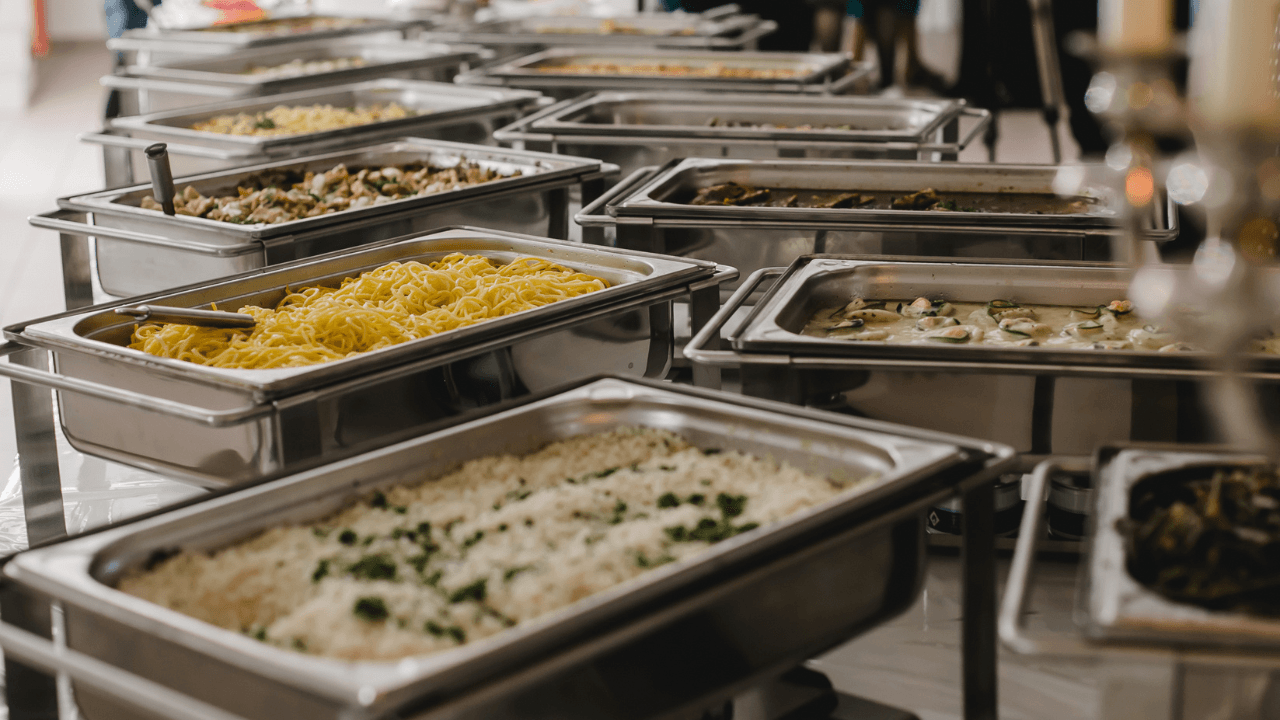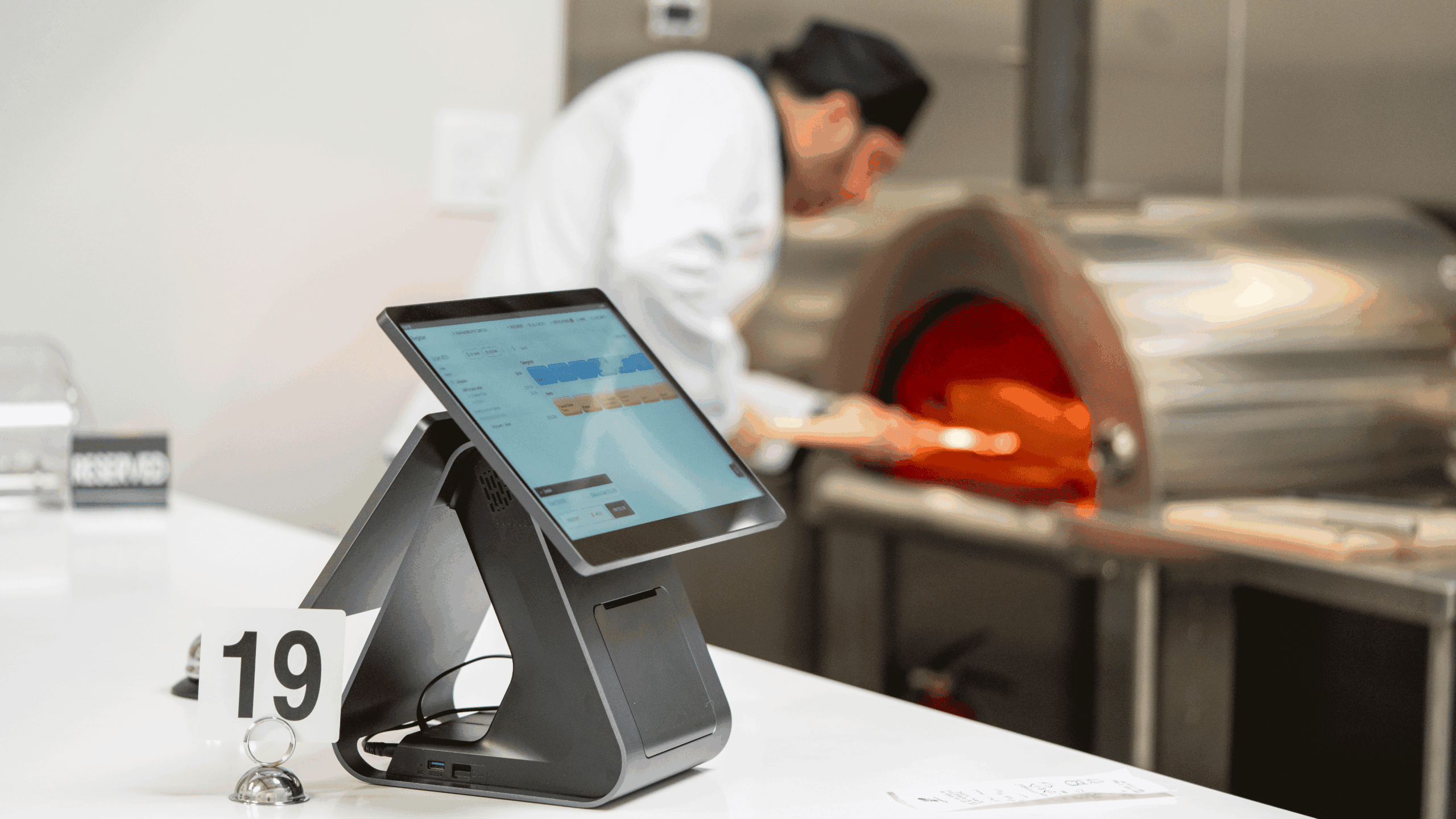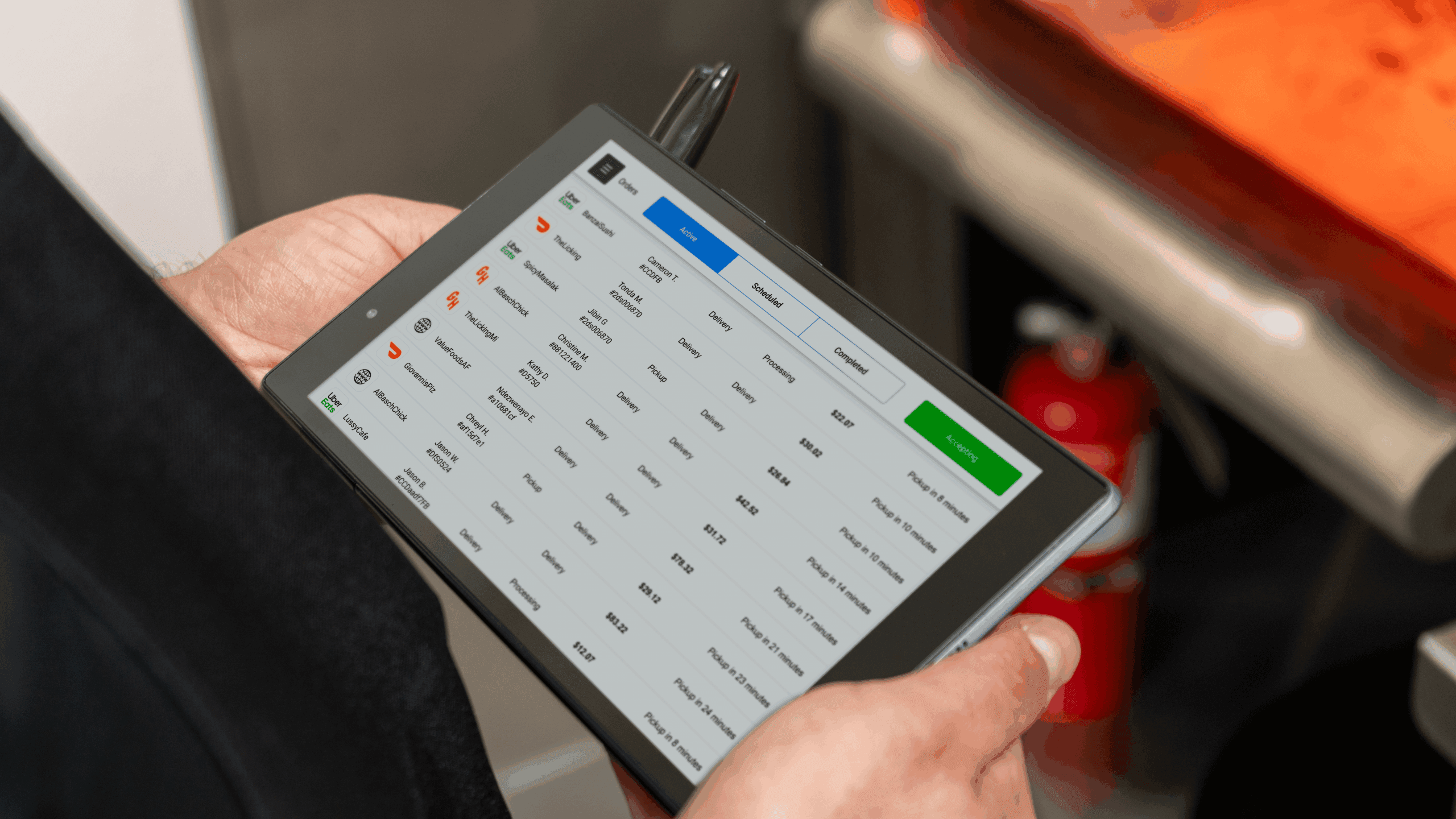- What are Catering Licenses?
- Steps to Getting a Catering License for Your Restaurant ( What You Need)
Catering, a culinary art that transforms ordinary moments into unforgettable experiences, is not just about food; it’s about creating memories.
The number of catering businesses is projected to increase. And if you’re about to embark on your journey into the world of catering, you’re in for a thrilling ride.
But before you dive into the realm of delectable cuisine and stylish events, there’s a crucial ingredient you can’t afford to overlook – understanding catering licenses. These often-overlooked permits in the food and beverage industry are the foundation upon which your catering dream stands or stumbles.
So, let’s explore what every new business needs to know about catering licenses, ensuring your culinary adventure is not just delectable but legally savory, too.
What are Catering Licenses?
Catering licenses are legal permits and certifications for individuals or restaurant businesses planning catering services.
These licenses are essential to ensure that caterers meet health, safety, and regulatory standards while serving food at events, whether they are private parties, weddings, corporate gatherings, or public functions.
These licenses may vary depending on the location and the specific services offered but typically encompass the following aspects:
Food Service Permit
Most catering companies must obtain a food service permit or license from their local health department. This permit ensures that food is prepared, stored, and served safely, following sanitation and hygiene guidelines.
Business License
A general business license is often required to legally operate a catering business. This license ensures that the business complies with local regulations, pays applicable taxes, and adheres to zoning requirements.
Alcohol License
If the catering service includes serving alcohol, an alcohol license may be necessary. This license can be complex, as alcohol regulations vary significantly by location, and caterers may need to obtain separate licenses for different types of events (e.g., private parties versus public events).
Health Department Approval
The health department may conduct inspections of catering facilities and operations to ensure they meet food safety standards. Compliance with regulations regarding food storage, handling, and preparation is critical.
Fire Department Permits
Some locations may require catering businesses to obtain fire department permits, particularly if they use open flames, flammable materials, or temporary structures such as tents.
Special Event Permits
When catering for specific events, such as outdoor festivals or public gatherings, special event permits may be necessary. These permits can vary widely based on the event’s size and location.
Business Insurance
Catering businesses often need liability insurance to protect both themselves and their clients in case of accidents or food-related illnesses.
Alcohol Server Training
If serving alcohol, catering staff may need to undergo alcohol server training and certification to ensure responsible alcohol service.
Transportation Permits
If the catering service involves transporting food to off-site locations, permits for food transport may be required, including compliance with food temperature regulations during transportation.
Music and Entertainment Licensing
If your catering service includes live music or entertainment, you may need licenses for music performance, copyright, or other entertainment-related activities.
Your Inbox, Your Rules!
Tailor your newsletter with the topics you're most interested in.
Steps to Getting a Catering License for Your Restaurant ( What You Need)
Applying for a catering license involves several steps, and the specific process may vary depending on your location and the type of catering services you plan to offer. Here is a general guide to help you apply for a catering license:
1. Research Local Requirements
Start by researching the catering license requirements in your city, county, and state. Regulations can vary significantly, so understanding your local rules is crucial.
2. Define Your Catering Services
Clearly outline the scope of your catering services. Are you offering off-site catering for events, providing food delivery, or planning to cater on-site for private parties? The type of services you offer may impact the specific licenses and permits you need.
3. Contact the Appropriate Authorities
Reach out to the local government agency responsible for food service licenses and permits. This could be your city or county health department or another relevant agency. Obtain contact information and ask about the application process.
4. Obtain a Business License
Ensure your restaurant or catering business has a valid general business license to operate legally. If you don’t already have one, obtain it from your local government.
5. Prepare Necessary Documentation
Gather the required documentation and information needed for your catering license application. Common documents may include:
- Completed license application form
- Proof of ownership or lease agreement for your catering facility or kitchen
- Documentation of food safety training for yourself and your staff
- Detailed menu with food descriptions
- Floor plan of your kitchen and food storage areas
- Financial information, such as fee payments
6. Schedule Health Department Inspections
Contact your local health department to schedule your catering facility or kitchen inspections. These inspections ensure compliance with food safety and sanitation standards. Correct any deficiencies identified during inspections.
7. Apply for the Catering License
Complete the catering license application form provided by the relevant authorities. Be sure to provide all required documentation and pay any associated fees. Follow the application instructions carefully.
8. Attend Required Training (if necessary)
Some jurisdictions require specific training, such as food safety or alcohol server training. Ensure that you and your staff complete the necessary courses and obtain certificates if required.
9. Await Approval
After submitting your catering license application, it may take some time for the authorities to review and process it. Be prepared to wait for approval.
10. Comply with Regulations
Once you receive your catering license, it’s essential to maintain compliance with all regulations and requirements. This includes regular inspections, renewing licenses, and adhering to food safety guidelines
11. Attend Required Training (if necessary)
If your jurisdiction requires specific training, such as food safety or alcohol server training, ensure that you and your staff complete the necessary courses and obtain certificates.
12. Maintain Compliance
Once you’ve obtained the catering licenses and permits, make sure to comply with all regulations and requirements. This includes regular inspections, renewing licenses, and adhering to food safety guidelines.
13. Renew and Stay Informed
Keep track of expiration dates for your licenses and permits and renew them as needed. Stay informed about any changes in local regulations that may affect your catering services.
Staying updated on local regulations is crucial as they can change over time. Compliance with licensing requirements is essential to operate your catering services legally and avoid potential fines or legal issues.
Additionally, maintaining a good relationship with local regulatory agencies and health departments can be beneficial for your business, as they can provide valuable guidance and support throughout the licensing process.
Getting a Catering License for Your Restaurant
Obtaining the necessary catering licenses and permits for your restaurant is a crucial step if you want to start a catering business.
Compliance with local regulations ensures the safety of your customers and the success of your catering endeavors.
However, managing a catering business involves more than just legal requirements. It also entails efficient menu management and streamlined point-of-sale (POS) integration to enhance customer satisfaction and operational efficiency.
This is where Order.co can be your trusted ally. With Order.co’s catering menu management tools, you can easily create, update, and customize menus for your catering services, ensuring that you offer a wide range of delicious options to meet your clients’ needs.
Our POS integration solutions help streamline order processing, payments, and inventory management, making your catering operations more efficient and cost-effective.
By combining the legal compliance achieved through the licensing process with the operational support offered by Order.co, you can take your restaurant’s catering services to the next level.
Delivering exceptional menus and seamless service will not only boost your reputation but also ensure that your catering business thrives in the competitive market. So, get ready to cater to success with the right licenses and the right tools.



